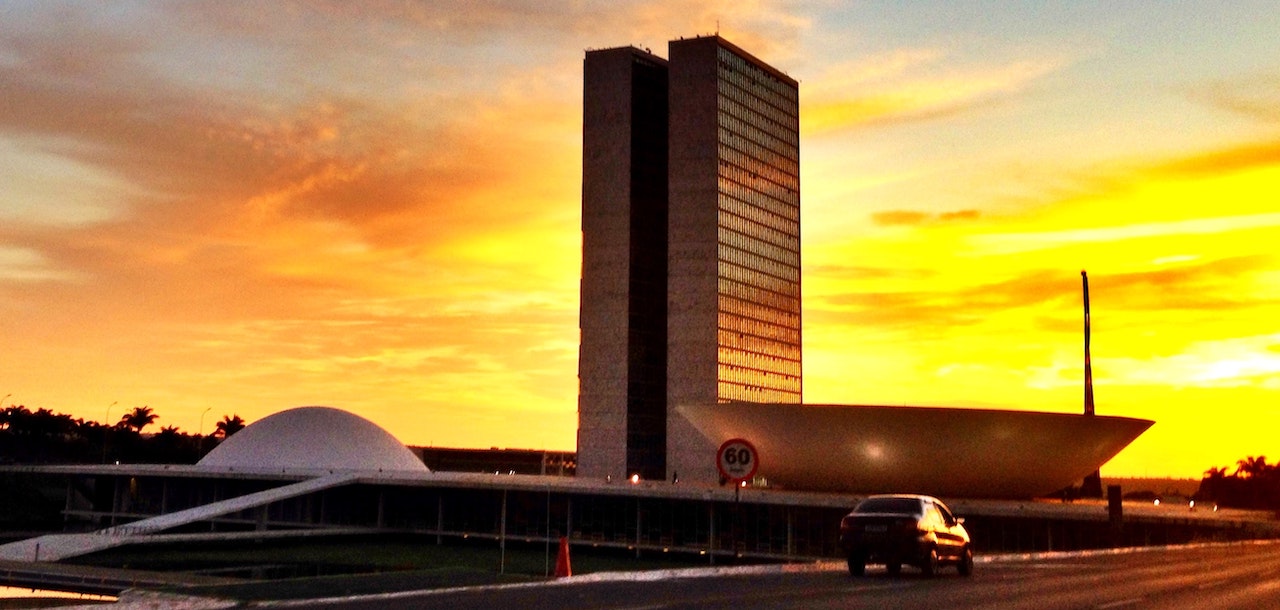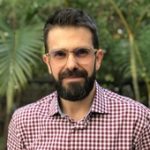The Internet has radically transformed our lives for the better, and the year 2020 has shown us it will play an increasingly crucial role in our daily lives. This year, we embarked on a project to analyze what makes the Internet so useful for those with access, and work with partners worldwide to advocate for a strong Internet that will benefit many generations to come.
Among the many collaborations on the Internet Way of Networking (IWN), our work in Latin America was a clear highlight. Thanks to the community’s massive support, we produced meaningful outcomes that will form a strong base for our future work. As we take stock of the year, we would like to celebrate the achievements and look to reaching greater heights in 2021.
Mapping the Regulatory Landscape
Engaging the community in the first half of the year, we asked experts in the region to help us map and monitor the regulatory regimes that applied to Internet intermediaries in their respective countries. Following a survey conducted between March and June, we produced (through the outstanding work of Paula Côrte Real) a map of the regulatory landscape in eight countries in the region. The exercise helped us gather a group of community members who have been sharing their insights.
Working with Chapters
Later in the year, we held the 2020 Virtual Latin American Chapters Workshop. Among dozens of activities, we held two sessions on the IWN attended by more than 200 people.
One of the sessions was a hands-on interactive exercise to use the Internet Impact Assessment Toolkit to assess if a mock use case about online content filtering would damage any of the Internet’s critical properties. After the session, 25 people volunteered to be part of our activities aiming to producing additional case studies for the toolkit, based on their local context.
The other was a community-based session on intermediary liability. The group who produced country profiles in the mapping exercise earlier in the year, along with Joan Barata from Stanford University’s World Intermediary Liability Map (WILMap), had an open conversation on current trends and perspectives. Participants agreed to give new momentum to the dialogue in 2021 to facilitate local experts to contribute with accurate, timely, and updated information to WILMap.
A Role Model for Collaboration
Brazil stood out as a key country because of its longstanding history of sound Internet policy, not least the adoption in 2014 of an “Internet Bill of Rights,” also known as “the Marco Civil.” Our main goal was, and remains, to promote and protect the set of principles and norms mapped out in the Marco Civil, as they entirely align with the critical properties identified under the IWN. The country was also key to our efforts in encryption with two cases pending before the Supreme Court in which the legality of end-to-end encryption in messaging apps was under scrutiny. More recently, however, the two areas have come under severe stress: efforts to tackle online disinformation have led policymakers to propose policies that could harm the Internet.
With the full support of the Brazilian Chapter, in the third quarter we produced an assessment of the role played by the Marco Civil’s intermediary liability regime in the Internet’s development in the country. This study (soon to be released in English), produced by Bruna Martins Santos, provides a comprehensive understanding of how intermediary liability has influenced the development of the digital ecosystem in Brazil. It also highlights the current challenges in ongoing policy and regulatory debates in Brazil and in the region. Based on that study, ISOC Brasil organized a focus group with chapter members and a multistakeholder roundtable with key players in the Internet governance ecosystem in Brazil to produce a series of policy recommendations to be used for advocacy purposes in 2021.
Last, but not least, the Brazilian Chapter worked hard in 2020 to get two small grants and one large grant from the Internet Society Foundation that allowed them to work with local partners to produce training courses and advocacy materials. Among those courses, one is of special interest to the IWN project: the Chapter worked with Fundação Getúlio Vargas, a renowned Brazilian higher education institution, to deliver a course built upon the IWN, “Internet’s Structure and Functioning: technical, political, and regulatory aspects.” The first edition was offered to 50 people – videos, including interviews with key stakeholders, are available on YouTube. The videos are currently in Portuguese, but we are working to get them subtitled in Spanish to share with other chapters. The course included a high-level webinar on the “Past, Present and Future of Intermediary Liability in Latin America” (in Portuguese and Spanish) that has had more than 1,000 views.
Laying the Groundwork for a Stronger Internet
It was a great year with many remarkable achievements – and these are only part of them! Besides offering opportunities for direct engagement, the Internet Society focused on helping chapters identify key potential partners, making the proper connections and introductions where needed, and providing guidance to all parties involved to ensure alignment with our project goals.
These developments have prepared the ground for us for greater success in 2021. We remain entirely committed to working with all chapters and partners in the region and elsewhere to make the next year even more productive.
If you would like to know more about our work or work with us, email us at [email protected]. We wish you all a Happy New Year!
Lean more about the Internet Way of Networking and join us in our work in 2021.
Image by Telmo Filho via Unsplash

